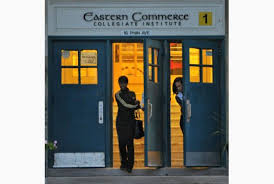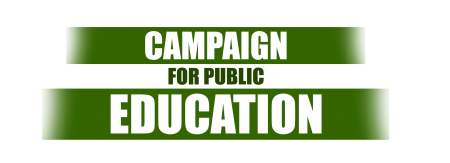safeguarding democracy; encouraging students to think
 How did U.S. politics reach this bizarre point, where so many are ready to vote for Donald Trump — a situation encapsulated in a Daily News shot of Sarah Palin endorsing him, under the headline, “I’m With Stupid.”
How did U.S. politics reach this bizarre point, where so many are ready to vote for Donald Trump — a situation encapsulated in a Daily News shot of Sarah Palin endorsing him, under the headline, “I’m With Stupid.”
I’m not saying Trump is stupid nor is everything he expresses; his blasts against trade deals that undermine U.S. jobs are on point. Rather, it’s the willingness to unconditionally embrace someone so boorish, bullying, lacking self-awareness, childishly vain and demagogic — who says repeatedly: Don’t bother thinking, I’ll do it for you. (And “You’ll love it.”) In their dreams his Canadian analogues — Stephen Harper, Jason Kenney, Mike Harris — never came close.
A chunk of the answer lies in the state of public education in the U.S. and its obsession with testable, measurable skills in reading, writing and math. But isn’t that what schools there were always about — the 3Rs? No, actually. The U.S. founding fathers were offspring of the Enlightenment. They believed public schools should allow everyone, regardless of station, to learn to think well, in order to act wisely as citizens and voters. That was their aim and main “test.”
An 1830 state report said poor kids needed more than “simple acquaintance with words and ciphers” — i.e., literacy and numeracy; above all they needed what we’d today call a “citizenship agenda.” A century later educational philosopher John Dewey said it was important not just to be able to read but to distinguish between “the demagogue and the statesman.” Sounds vaguely useful in 2016. When did all that citizenship/thinking go out of vogue?
Recently. Mostly in the Bush and Obama years with their unholy stress on standardized tests in math and reading to the exclusion, often literally, of everything else, including phys-ed and thinking. It was the age of expanding inequality and the rise of the billionaires. They — with Bill Gates in the lead — promoted “disruption” of public schools and their replacement by publicly funded, basically private, charter schools. Netflix founder Reed Hastings is now pouring money in. He laments that California is only at 8 per cent of kids in charters while New Orleans, where he was CEO, is at 90 per cent. Meanwhile, all the evidence says the huge stress on testing failed; even Obama acknowledges it. His education secretary, Arne Duncan, recently resigned and returned to Chicago.
I used to be prone to conspiracy theories and I feel one coming on. These guys (Gates, Hastings) get the workforce they want, with math skills and a facility to be nimble on projects they’re assigned, but no impulse to challenge who’s giving orders or who gains most as a result. What happens when good public education is destroyed? You get a battle of the billionaires for president — Trump vs. Bloomberg — and few question it because they haven’t learned it’s in the realm of what’s questionable. The U.S. becomes post-Communist Russia!
How have we (so far) avoided this fate. In Canada 95 per cent of kids are in echt public schools. In the U.S., you can’t get a proper number since so many are in bastardized public-private hybrids like charters. Annie Kidder of the redoubtable grassroots group People for Education says Canadians will brag (if grumpily) about our public health care, which is only 50 years old. But we take our schools, which predate Confederation, for granted. It makes them vulnerable. People for Education has begun a remarkable project called Measuring What Matters that aims to ensconce as education’s main goals: health, citizenship, social-emotional skills and creativity. A true Back to the Basics movement. The 3Rs fit in somewhere.
I’m trying not to idealize our schools. They can be hell for kids in them, especially at this time of year when it seems the year’ll never end. But overall they do the job of safeguarding a decent level of democracy and encouraging students to think, more or less, at least sometimes about some things.
Nor am I saying people with a formal education are smart and those without it, aren’t. You can be very smart without formal schooling and some of the most glorious intellectual eras came before widespread formal education. But it’s hard to be smart if you’ve been through a system that forced you to use all your time prepping and taking tests while leaving little space for learning to think and practising thought. That’s increasingly the (so-called) public system in the U.S.
Take notes, folks. Jan 29 2016
Rick Salutin’s column appears Friday. ricksalutin@ca.inter.net more on thestar.com
Recent Posts


